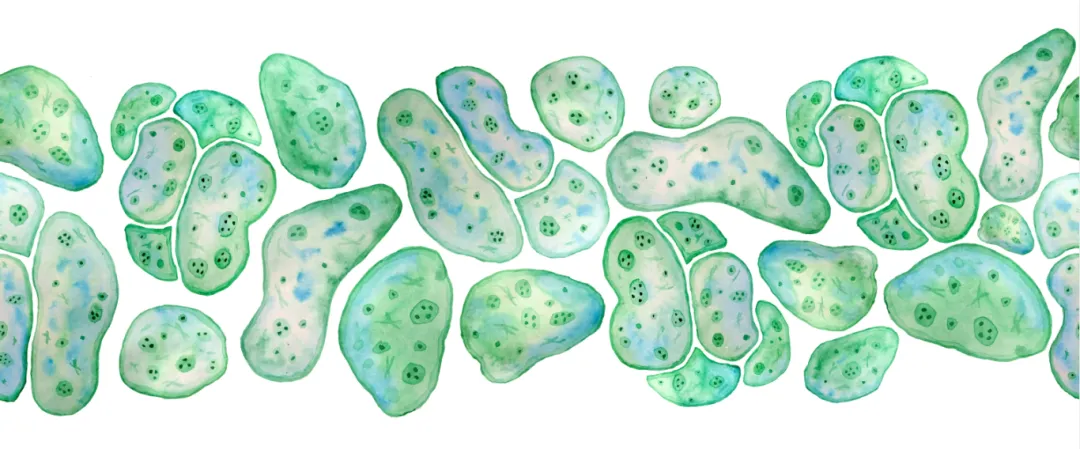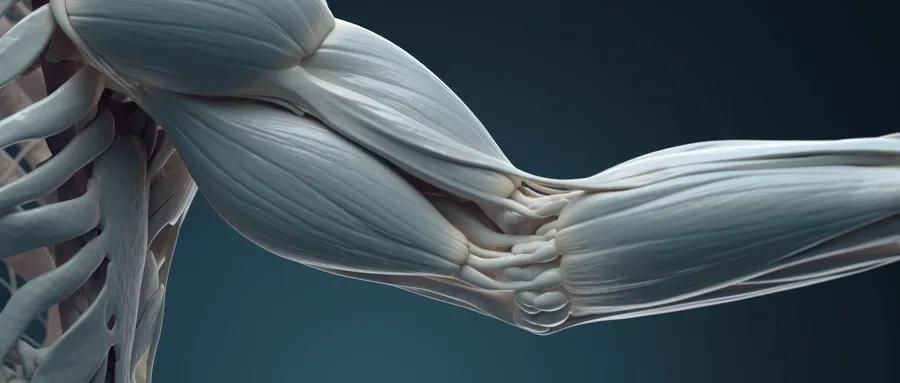As more and more people search for alternatives to animal meat products, new research has discovered a surprising source of environmentally friendly protein – algae.
The study by the University of Exeter, published in the Journal of Nutrition, is the first of its kind to demonstrate that consuming two of the most commercially valuable protein rich algae can aid in muscle remodeling in young and healthy adults. Their research findings suggest that algae may be an interesting and sustainable animal derived protein substitute for maintaining and enhancing muscle mass.
Ino Van Der Heijden, a researcher at the University of Exeter, said, “Our research suggests that algae can be a part of safe and sustainable food in the future.” Due to ethical and environmental reasons, more and more people are trying to eat less meat, and there is a growing interest in non animal sources and sustainably produced proteins. We believe it is necessary to start researching these alternatives, and we have identified algae as a promising new source of protein.
Foods rich in protein and essential amino acids have the ability to stimulate muscle protein synthesis, which can be measured in the laboratory by measuring the binding of labeled amino acids to muscle tissue proteins and converting them into conversion rates.
Proteins derived from animals can strongly stimulate the synthesis of muscle proteins during rest and exercise. However, due to the increasing ethical and environmental concerns associated with animal based protein production, it has now been discovered that an interesting environmentally friendly alternative is algae, which can replace protein from animal sources. Spirulina and Chlorella grown under controlled conditions are two of the most commercially valuable algae, containing high doses of micronutrients and abundant protein.
However, the ability of spirulina and microalgae to stimulate human myofibrillar protein synthesis is still unclear. To understand this unknown field, researchers at the University of Exeter evaluated the effects of consuming spirulina and microalgae proteins on blood amino acid concentrations and resting and post exercise muscle fiber protein synthesis rates, and compared them with established high-quality non animal derived dietary proteins (fungal derived fungal proteins).
36 healthy young people participated in a randomized double-blind trial. After a group of exercises, participants drank a beverage containing 25g of fungal derived protein, spirulina or microalgae protein. Collect blood and skeletal muscle samples at baseline, 4 hours after eating, and after exercise. To evaluate the blood amino acid concentration and myofibrillar protein synthesis rate of resting and post exercise tissues. The intake of protein increases the concentration of amino acids in the blood, but compared with consuming fungal protein and microalgae, consuming spirulina has the fastest increase rate and higher peak response. Protein intake increased the synthesis rate of myofibrillar proteins in resting and exercise tissues, with no difference between the two groups, but the synthesis rate of exercise muscles was higher than that of resting muscles.
This study provides the first evidence that ingestion of spirulina or microalgae can strongly stimulate the synthesis of myofibrillar proteins in resting and exercising muscle tissues, comparable to high-quality non animal derivatives (fungal proteins)
Post time: Sep-09-2024

